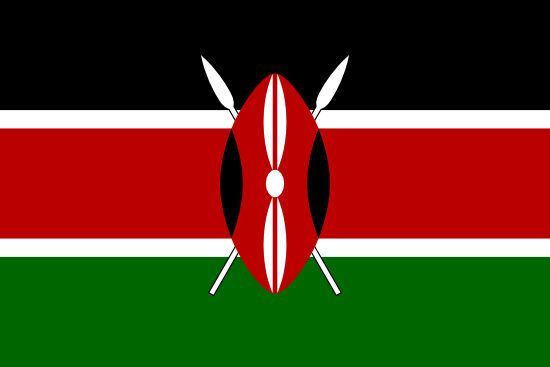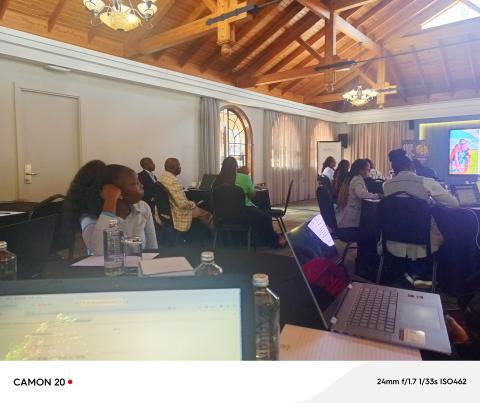Developing a Roadmap and Advocacy Strategy to Align Sectoral Policies with Kenya’s NBSAP and the Kunming-Montreal Global Biodiversity Framework
Developing a Roadmap and Advocacy Strategy to Align Sectoral Policies with Kenya’s NBSAP and the Kunming-Montreal Global Biodiversity Framework
Date: Thursday, 20th November 2025
Venue: Fairview Hotel, Nairobi
Organized by: IUCN and Ministry of Environment, Climate Change and Forestry (MoECCF)
In partnership with: AFD and Expertise France under the BIODEV2030 Phase II Project
1. Introduction
Kenya is recognized as one of Africa’s most biodiverse countries, with ecosystems that underpin national development, livelihoods, and ecological stability. However, agriculture, livestock production, and forestry continue to exert pressure on biodiversity through unsustainable production practices. To address this, Kenya has committed—under the Convention on Biological Diversity (CBD)—to implement the Kunming-Montreal Global Biodiversity Framework (KMGBF) and align its national strategies, including the National Biodiversity Strategy and Action Plan (NBSAP), with global targets.
The BIODEV2030 Phase II project, funded by the French Development Agency (AFD) and coordinated by Expertise France, supports Kenya to mainstream biodiversity across productive sectors through science-based, multi-stakeholder dialogue. In 2025, three policy briefs on agriculture (small-scale and horticulture), livestock (pastoralism), and forestry (charcoal production) were developed and validated through two previous multi-stakeholder workshops held in March and July 2025.
This third workshop was convened to develop a roadmap and advocacy strategy to advance implementation of the policy recommendations contained within the validated briefs.
2. Workshop Objectives
Overall Objective
To develop a roadmap and advocacy strategy that advances policy recommendations aligning Kenya’s sectoral policy instruments with the NBSAP and the KMGBF targets.
Specific Objectives
Provide updates from MoECCF on outcomes of recent international negotiations, especially CBD and SBSTA meetings, and their implications for Kenya.
Disseminate the sectoral policy recommendations to government, civil society, private sector actors, and development partners.
Develop an advocacy and communication strategy to support political uptake, resource mobilization, and cross-sectoral integration of biodiversity.
3. Expected Outcomes
Dissemination of the three validated sectoral policy briefs.
Shared understanding of the actionable policy recommendations and reform roadmap.
Strengthened collaboration and political support for implementation.
Stakeholder awareness of the CBD SBSTA outcomes and their relevance to national biodiversity priorities and MEA synergies.
4. Participants
The workshop brought together approximately 50 participants from:
Government ministries and agencies
(MoECCF, Ministry of Agriculture and Livestock Development, State Department for Forestry, State Department for Livestock, State Department for Agriculture, and associated SAGAs)
Civil society organizations, indigenous peoples and local communities (IPLCs), youth networks
Private sector actors from forestry, agribusiness and livestock value chains
Academia, research institutions and technical experts
Development partners and international conservation bodies

